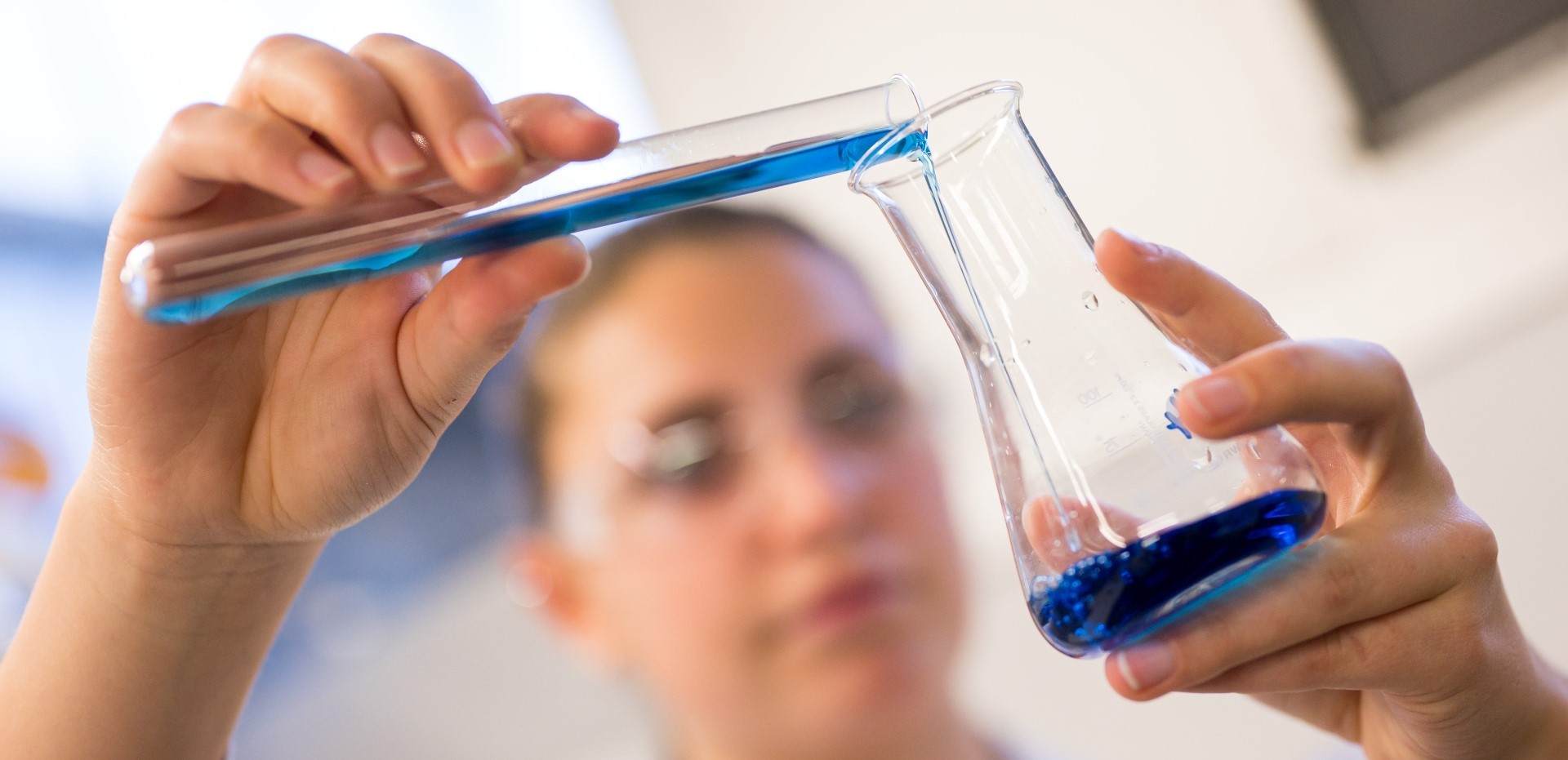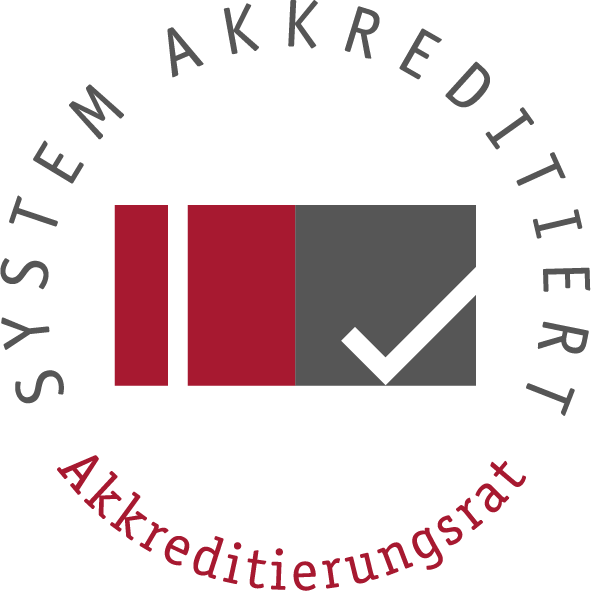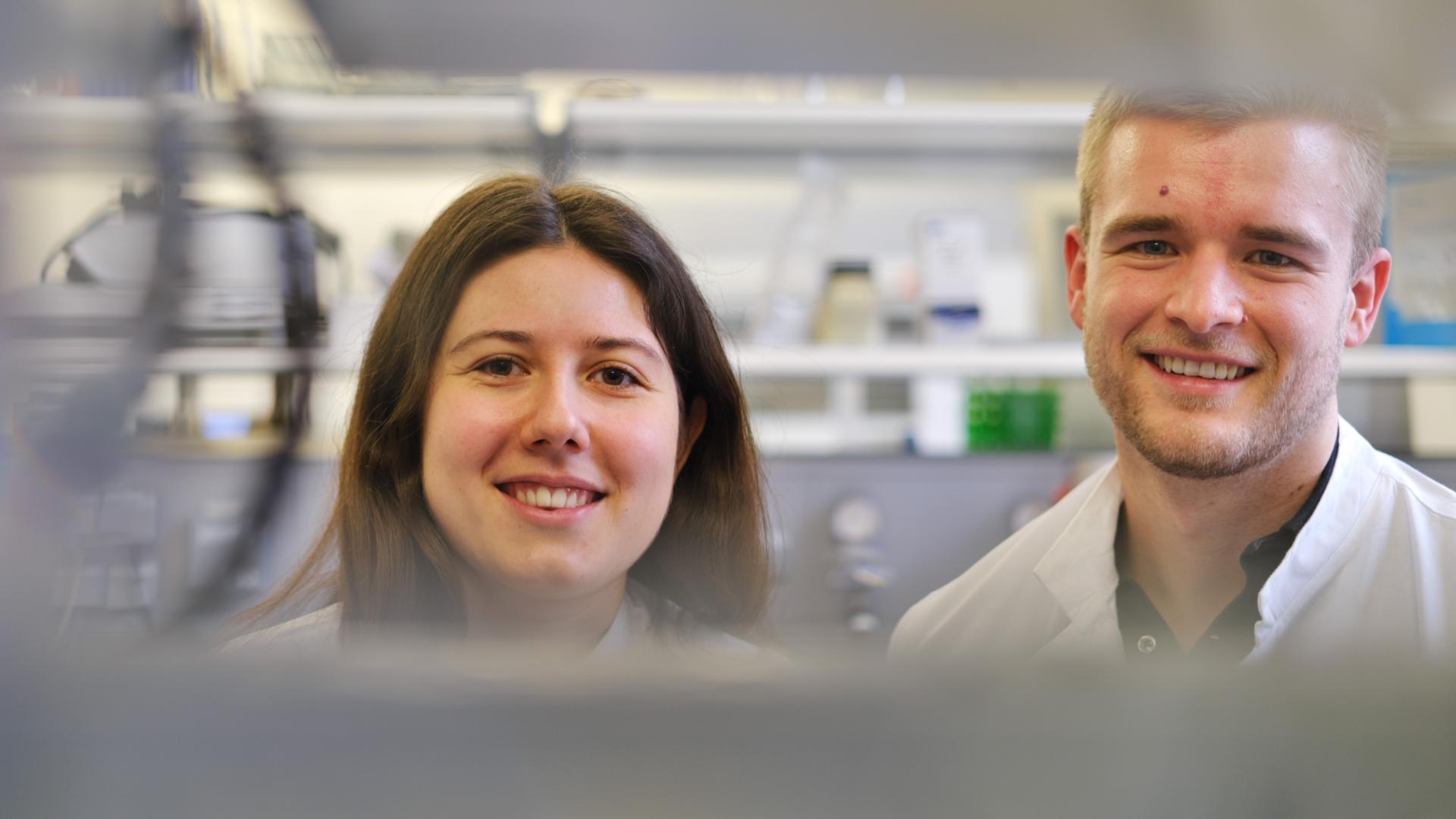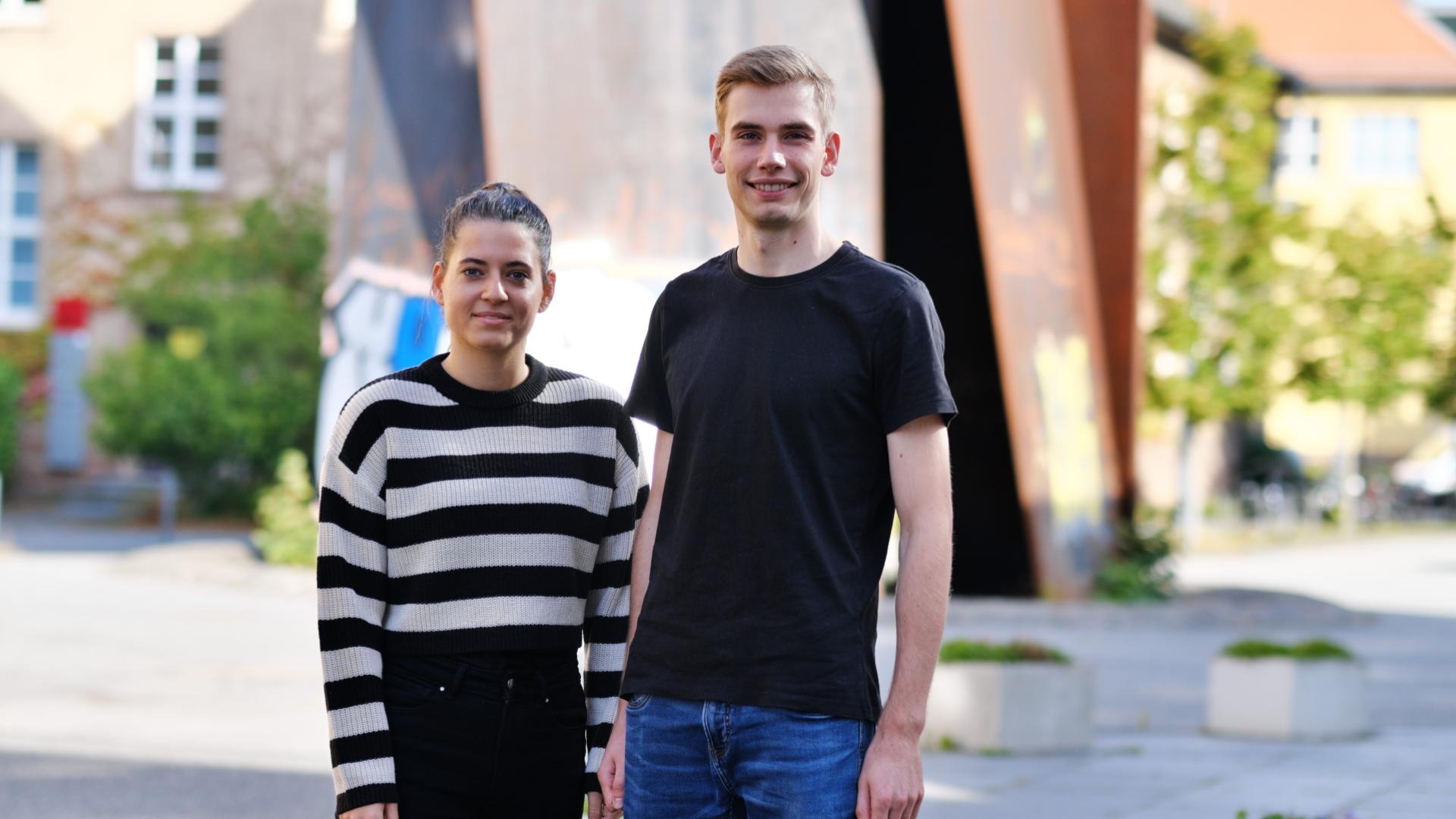Biotechnology (M.Sc.)

Biotechnology is a very broad field and graduates from the M.Sc. programme in Biotechnology at Saarland University have access to a wide range of career options. Biotechnologists develop new drugs and diagnostic test procedures, they cultivate plants with specific resistance or tolerance properties and they design biofuels and biopolymers.
Students learn how to examine and analyse complex systems experimentally and how to describe these systems using mathematical and bioinformatics models. The focus of the programme is on systems biotechnology and on the associated fields of bioinformatics, natural products and active pharmaceutical ingredients, molecular biotechnology and bioprocess engineering.
Work in this area is opening up new possibilities in metabolic engineering, whose goal is the targeted production of producer organisms and the development of corresponding production processes, and in the discovery and validation of drugs and drug targets.
The interdisciplinary M.Sc. programme is run by the Faculty of Natural Science and Technology III at Saarland University. The number of places on the programme is limited to 18 per year, which ensures an excellent student-staff ratio and meaningful interaction between students and their instructors. Students who graduate from the M.Sc. programme with good grades and who would prefer to pursue academic research rather than take up a position in industry can apply for admission to the doctoral research programme.
The M.Sc. programme 'Biotechnology' comprises a mandatory section, an electives section and a key-skills section. Each of these sections contains modules or module groups that themselves comprise different teaching units in a specific subject area (lectures, problem-solving classes, practical skills classes, seminars or excursions).
The modules in the mandatory section of the programme aim to teach students the fundamentals of the following branches of biotechnology:
- Biotechnology Fundamentals
- Bioreaction Engineering
- Pharmaceutical Biotechnology
- Molecular Biotechnology
- Systems & Synthetic Biotechnology
- Medical Biotechnology
- Instrumental Bioanalytics
The mandatory section is supplemented by a multi-semester biotechnology seminar and a six-week advanced practical training course.
The six elective module groups offer students the opportunity to deepen their understanding in the following fields:
- Industrial Biotechnology and Bioeconomics
- Business Start-Ups and the Patent System
- Advanced Methods in Biotechnology
- Molecular and Cellular Biotechnology
- Biotechnology and Active Substances
- Biomaterials and Biopolymers
In the 'key-skills' section, students have the opportunity to acquire interdisciplinary skills ('transferable soft skills').
The Master’s programme concludes with the Master’s thesis project.
To graduate from the Master’s degree programme, students are required to earn a total of 120 credits as defined by the European Credit Transfer System (ECTS). 90 credits have to be earned from assessments or examinations; 30 credits are awarded for completing the Master's thesis project. Students are therefore typically required to earn 30 credits per semester.
- Applicants must have a Bachelor’s degree (B.Sc.) or equivalent university qualification in Biotechnology or a closely related subject area. As a rule, Bachelor's degrees in the following disciplines will be accepted: Bioengineering, Bioprocess Engineering, Bioprocess Technology, Biology, Biosciences, Life Sciences, Pharmaceutical Science, Chemistry or Bioinformatics. Other Bachelor's degrees will be assessed by the members of the examination committee who will evaluate the relevant supporting documentation as part of the admissions selection procedure.
- Applicants must submit the following documents: a personal statement ('statement of purpose'), a current copy of your transcript of records (containing the provisional grade awarded for your Bachelor's degree) and your CV.
- International applicants must also provide proof of adequate proficiency in German, by submitting a recognized language proficiency certificate (a Goethe-Institut certificate at level C1 or higher, a TestDaF certificate with a grade of at least ‘TDN 4’ in all parts of the examination ('TDN 4444') or a DSH certificate with a grade of at least 2 ('DSH-2')).
- Depending on the specific content of an applicant's first degree, the applicant may be provisionally admitted to the Master's programme on the condition that, while studying for their Master's degree, they also acquire additional knowledge in the subject areas biochemistry, microbiology or genetics by attending appropriate lecture courses. Students have three semesters in which to satisfy any provisional admission conditions imposed.
Please find the regulations and all documents concerning the grogramme content on the website of the study programme (in German only).
How to apply
Students can join the programme at the beginning of the winter semester or, when appropriate, at the beginning of the summer semester. However, a winter semester start is recommended. Entry restrictions apply to this programme. The application period runs from the beginning of June to 15 July if you plan to begin studying in the winter semester and from the beginning of December to 15 January if you want to start in the summer semester.
Applications for admission are submitted online via Saarland University's student information management (SIM) portals. If you have any questions about using the SIM portals, please check out our SIM Saarland help pages.
A list of the documents to be submitted and additional information on the application process is provided on the programme website.
| Standard period of study | 4 semesters |
| Languages of instruction | German and English |
| Foreign languages requirements | Sufficient knowledge of German and English |
| Restricted entry | Yes |
| Application period | Winter semester (recommended): beginning of June to 15 July Summer semester: beginning of Dezember to 15 January |
| Tuition fees | Not applicable |
| Semester fee | See current fee structure |
| Web page | www.biotechnologie-saarland.de |
Course supervisor
Christoph Wittmann
Phone: +49 681 302-71971
christoph.wittmann(at)uni-saarland.de
www.isbio.de
Coordinator and course advisor
Michael Kohlstedt
Phone: +49 681 302-71974
michael.kohlstedt(at)uni-saarland.de
www.biotechnologie-saarland.de
Central Student Advisory Service
Saarbrücken Campus
Building A4 4, Ground floor
Phone: +49 681 302-3513
studienberatung(at)uni-saarland.de
www.uni-saarland.de/studienberatung
Schon im Studium an Stoffen der Zukunft forschen
Annalena Sommer und Marius Grad forschen als wissenschaftliche Hilfskräfte in den Laboren von Professor Christoph Wittmann zum Beispiel mit daran, wie man Bakterien dazu bringen kann, bestimmte Enzyme herzustellen, um in der chemischen Industrie Erdöl zu ersetzen oder aus Holzabfällen nachhaltige und bioabbaubare Kunststoffe herzustellen. Saarbrücken haben sich die beiden sehr gezielt ausgesucht wegen der vielfältigen Forschungslandschaft rund um die Uni. Diese sei einzigartig im Vergleich mit anderen Universitäten.
Biotechnologie einmal pratisch erleben
Einmal im Jahr können sich Masterstudierende der lebenswissenschaftlichen Fächer bei einer Exkursion nach Berlin in Bezug auf ihre zukünftigen Arbeitsmöglichkeiten inspirieren lassen. Auf dem Programm stehen ehrwürdige Forschungseinrichtungen wie das Robert-Koch-Institut ebenso wie quirlige Start-ups aus der Biotech-Szene. Annalena und Kevin waren Teil der Exkursion und bekamen Einblicke in Hochsicherheitslabore und Prüfverfahren.
Central Student Advisory Service
Saarbrücken Campus
Building A4 4, Ground floor
Phone: +49 681 302-3513
studienberatung(at)uni-saarland.de
Central Student Advisory Service

Accredited study programmes
Saarland University was one of the first universities in Germany to achieve Quality Assurance Accreditation and has held the Accreditation Council's official quality mark continuously since 2012.
Quality management


